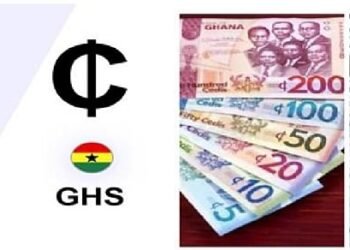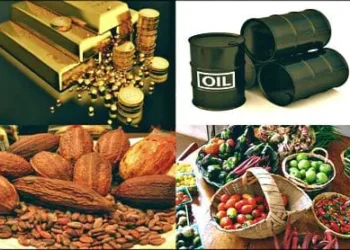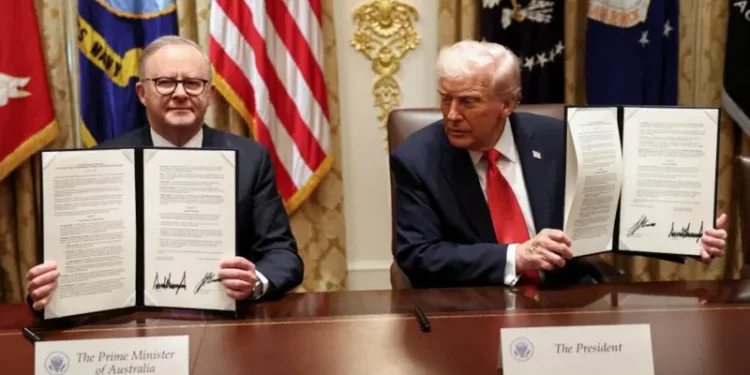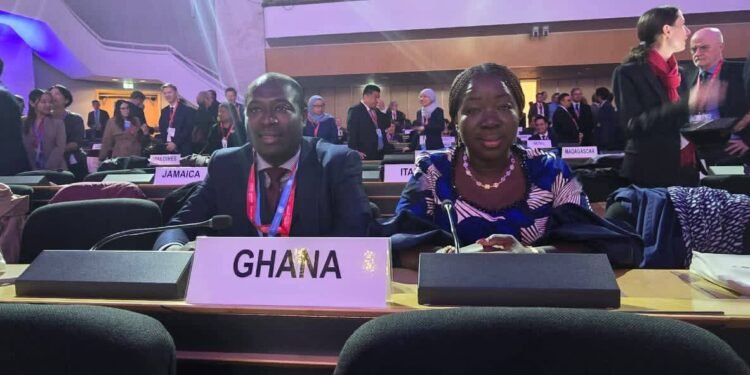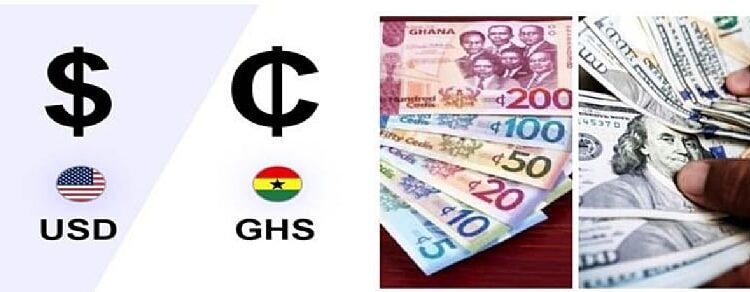Prof. Godfred Bokpin opined that Ghana cannot take advantage of the Zero-Tariff Deal with China due to fundamental and standardised challenges that characterize the country, exposing its weak position in the deal.
Speaking in an interview, the Economist expressed his reservations for the Ghana-China deal revealing that Ghana is on the left side of the deal. However, hard work is needed to put the economy in a position to benefit from this trade deal.
“I am not saying we [Ghana] didn’t negotiate a good deal, I understand the dynamics. Ghana is from a weaker position. What we can do is to prop up our [Ghana] local industries which will take a while. It also depends on the fiscal discipline and the prudent monetary policy that will be put in place that can enable other firms to be competitive.”
Prof. Godfred Bokpin, Economist at UGBS

The Proposed Zero-Tariff Principle
As part of efforts to expand the economy, boost African trade, attract and create a pathway for new investments, strengthen economic ties, and establish his ambitious initiatives (resetting Ghana, 24-Hour Economy, and Big push), President Mahama, announced the Ghana-China Zero-Tariff Deal which would be finalized by end of October.
Speaking at the Presidential Investment Forum in Beijing, China, almost a week ago, the president was optimistic about this new opportunity. He added that 2024 recorded a US$ 11.8 billion trade between Ghana and China, and this principle will unveil new markets for Ghanaians to boost exports.
“China’s decision to grant Zero-Tariff access to Ghanaian and African products signals the confidence in our partnership. It opens vast room for Ghanaian exporters, agro-processors and manufacturers. I am happy to inform you that we reached an agreement in principle, and we have targeted the end of October to be able to sign off on the Zero-Tariff Principle.
“We are all aware that the multilateral rule-based trading system is being appended by a unilateral slapping of tariffs on different countries. This is the time for us to solidarize and to come together. This initiative by China is very timely.”
John Dramani Mahama, President of Ghana
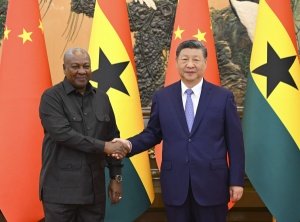
However, some including Prof. Bokpin has expressed their misgivings about the deal and its impact on the economy of Ghana. China’s real intentions are being questioned in considering their trade policy for Africa.
How Ghana can take advantage of the Zero-Tariff
According to Prof. Bokpin, in discussing the Zero-Tariff principle, all advantages and benefits that could be envisioned are more theoretical and hypothetical, at the moment. He added that “translating the hypothetical benefits into factual will depend on the hard work that has to be done by our [Ghana’s] exporters in terms of competitive advantage created to enable our exporters to take advantage of the Zero-Tariff.”
Furthermore, Prof. Bokpin made the claim that China’s market depends on raw materials like oil and cocoa from Ghana and other African countries, “to power their growing industries.” Ghana must add value to its raw materials to gain significant trade receipts and empower the manufacturing industries.
He also mentioned the ails of changing the continent’s economic model during the Berlin conference (November 15, 1884–February 26, 1885). The conference “partitioned Africa to change the economic model of the continent from food crop to cash crop essentially to serve their growing industries.” Africa’s food sufficiency was destroyed with the idea of “growing what we will not eat so that we will import what we will eat.”
Input cost differential between Ghana and China resounds our weaker position in this deal. The cost of production should be reduced to make indigenous industries competitive. He added that “the restrictions prove that regardless of the zero-tariff negotiated, [there is] no way we will be able to take advantage.”
As a country, Ghana must be driven by standards in terms of commodities produced and the environment protection to benefit from the external market.
“As a country, we are not driven by standards. Common commodities like bread, egg does not have expiring dates.
“We are happily polluting our water bodies. We are destroying the soil that can produce crops. So sometimes they can give you access in terms of zero-tariffs but non-tariff barriers and standards could prevent us [Ghana] from accessing the market.”
Prof. Godfred Bokpin, Economist at UGBS
Ghana to be a dumping ground?
According to Prof., Ghana’s open economy policy with China and other countries has cost the country more than the benefits derived. Absence of fundamental restructuring and standardization has destroyed many industries in Ghana.

“It was because we opened our economy to China and the rest that lead to the collapse of the textile industry. Chinese goods are all over the place.”
Prof. Godfred Bokpin, Economist at UGBS
There are a lot of goods ‘dumped’ in Ghana due to non-tariff trade agreements made in the past. Prof. Bokpin mentioned that “Ghana still rely on China as a big partner and this tariff deal could be a bait to get other deals like loans, infrastructure support.” Nevertheless, without strengthening the industries at home to be competitive, Zero-Tariff trade agreement will destroy Ghana’s progress, growth, and development.
According to Prof., unless we do all these, China will have all the benefit.
READ ALSO: Fitch Upgrades Ghana’s 2025 Growth Forecast to 4.9% Amid Inflation Cooldown and Cedi Strength




